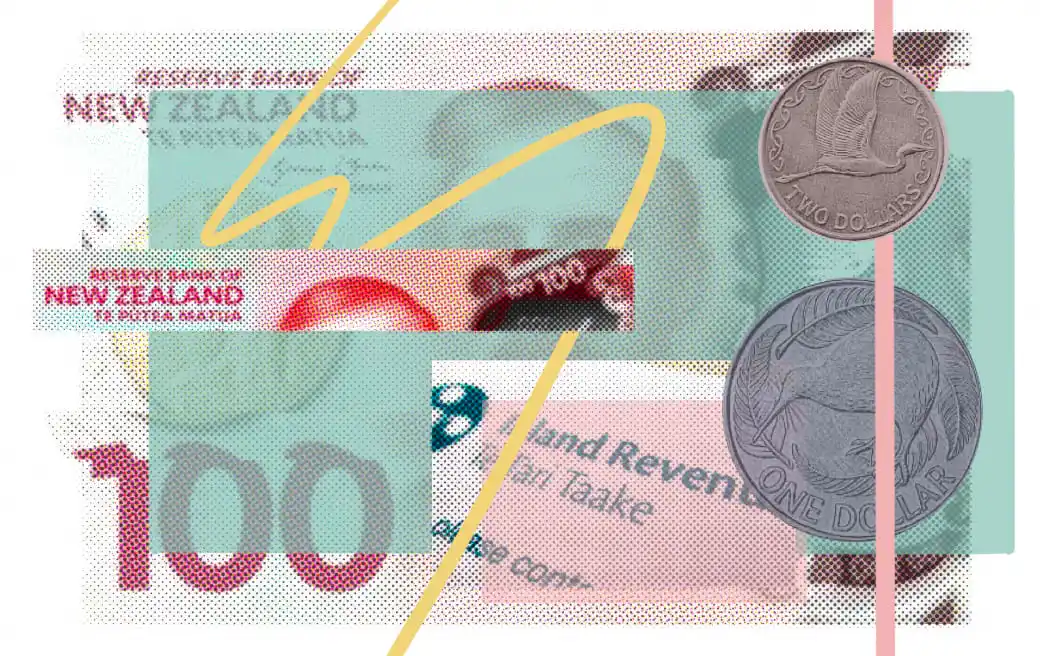Whether New Zealanders need to pay more tax is likely to be a defining issue of the coming years, with commentators warning that the country’s fiscal deficit poses a significant threat to its financial stability. This article delves into the complexities of New Zealand’s tax system and explores the potential solutions to address the rising costs of climate change, aging population, and healthcare.
Understanding The Main Concept
New Zealand is facing an unprecedented set of challenges that require immediate attention from policymakers. The country’s fiscal deficit, currently standing at 2.4 percent of gross domestic product, is a pressing concern that needs to be addressed head-on. Treasury chief economic adviser Dominick Stephens has highlighted the need for increased revenue to fund essential services such as healthcare and education.
Key statistics:
• Fiscal deficit: 2.4% of GDP
• Net debt: on an unsustainable trajectory if expenditure and revenue follow historical trends
• Population growth: expected to decline, with a projected 0.5% decrease in working-age population by 2030
How This Works In Practice
While the capital gains tax debate continues to dominate headlines, analysts argue that there is a more fundamental issue at play – whether New Zealand is collecting enough tax to fund its public services. Treasury’s 2021 long-term financial position statement identified several pressure points for the economy, including the cost of climate change, aging population, and healthcare costs rising.
Potential solutions:
• Increase taxes: a straightforward solution that would require policymakers to balance competing interests
• Implement efficiency measures: streamlining government services could help reduce spending without sacrificing essential services
• Encourage alternative funding mechanisms: exploring innovative ways to fund public services, such as social security taxes or savings accounts
Why This Matters For Business
The tax landscape in New Zealand is poised for significant changes that will impact businesses of all sizes. With the fiscal deficit posing a significant threat to financial stability, policymakers must navigate the complexities of taxation to ensure a sustainable future.
Potential implications:
• Increased costs: businesses may face higher taxes or reduced government spending
• Regulatory changes: new tax reforms could lead to changes in business regulations and operational practices
Exploring Alternative Solutions
Tax commentator Terry Baucher suggests that savings accounts could be used as an alternative funding mechanism. This idea has been touted by the Australians, who have implemented a mandatory saving account for retirement.
Key statistics:
• Average balance in KiwiSaver: $30,000
• Average balance in Australian Superannuation Fund: $300,000
• Potential tax revenue from savings accounts: significant
Improving Efficiency and Reducing Spending
The New Zealand Initiative’s Eric Crampton emphasizes the importance of making choices to address the fiscal deficit. Policymakers must weigh the competing demands of different stakeholders to determine the best course of action.
Potential strategies:
• Improve government efficiency: streamlining services and reducing waste could help reduce spending
• Reduce benefits paid to older people: policymakers may need to consider reducing benefits for retirees if necessary
• Encourage younger migrants: increasing the workforce through migration could help balance the demographic shift
Navigating Demographic Change
Shamubeel Eaqub, chief economist at Simplicity, highlights the pressing need for policymakers to address the demographic shift in New Zealand. With a growing number of retirees and fewer working-age individuals, the pressure on public services is increasing.
Potential solutions:
• Encourage older people to stay in the workforce: policymakers may need to consider incentivizing older workers to continue contributing to the economy
• Increase social security taxes: exploring alternative funding mechanisms could help reduce the fiscal deficit
• Improve service delivery: policymakers must prioritize efficiency and effectiveness in delivering essential services
Conclusion
New Zealand’s tax future is uncertain, with a growing fiscal deficit posing significant challenges. Policymakers must navigate the complexities of taxation to ensure a sustainable future for the country. By exploring alternative solutions, improving efficiency, and addressing demographic change, New Zealand can build a stronger, more resilient economy for generations to come.
Additional Tips for Policymakers:
• Engage with stakeholders: policymakers should engage with businesses, individuals, and interest groups to understand their needs and concerns
• Prioritize transparency: clear communication and transparency are essential in navigating the tax landscape
• Foster collaboration: policymakers must work together to develop effective solutions that balance competing interests

0 Comments